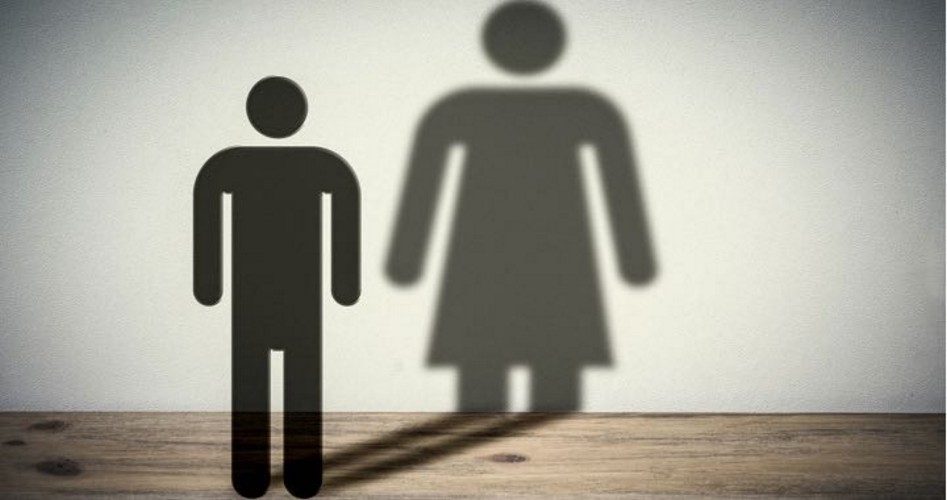
Podcast: Play in new window | Download ()
Subscribe: Android | RSS | More
Thanks largely to fawning media stories and propaganda from LGBTQ activists, the demand for gender reassignment surgeries is at an all-time high. The high-profile case of former Olympian Bruce Jenner, who quite publicly “transitioned” from male to female from 2015 until his surgery in 2017, inspired many people, confused about who they were, to mutilate themselves in like manner.
But many who have “changed” their gender are now experiencing regrets about that life-altering decision.
Twenty-eight-year-old Charlie Evans from Newcastle in England — who was born a female but “identified” as a male for nearly a decade — is one such case. Charlie “de-transitioned” last year and went public with her story. She found an alarming number of people in the same boat as her.
“I’m in communication with 19 and 20-year-olds who have had full gender reassignment surgery who wish they hadn’t, and their dysphoria hasn’t been relieved, they don’t feel better for it,” Evans told Sky News.
“They don’t know what their options are now.”
Evans claims she has been contacted by “hundreds” of people — 30 in Newcastle alone — who are looking for assistance in reclaiming their original gender. People who are unhappy with a gender reassignment generally find no love within the LGBTQ community and are looked upon as “traitors” by the activists, who are looking to normalize this very destructive behavior.
Evans recalled one incident when she was approached by a young woman with a beard, who hugged her after giving a public talk on the subject. The woman felt ostracized by the movement when she admitted that trying to change her gender was a mistake. “She said she felt shunned by the LGBT community for being a traitor. So, I felt I had to do something.”
And do something Evans has done. She has launched the De-transition Advocacy Network, a group that looks to help others who are struggling with regret about gender reassignment surgery find answers and physicians who will help them both psychologically and physically return to the gender of their birth.
According to advocates for gender reassignment surgeries, regrets such as the ones Evans depicts are not common. A spokesman for the U.K.’s National Health Service Trust said in a statement, “Decisions about physical interventions [sex-change surgeries] made in our care are arrived at after a thorough exploration process. While some of our patients may decide not to pursue physical treatment or drop out of treatment, the experience of regret described here is rarely seen.”
Ok, but “rarely seen” is a subjective statement. Such regret obviously occurs. Unfortunately, most of the evidence of this is anecdotal since no real records are kept on the amount of people who experience dissatisfaction with the gender reassignment procedure or who wish to return to their actual gender after having such surgery.
The De-transition Advocacy Network will be hosting an event on November 30 at a secret location in Manchester on “medical ethics in the age of gender identity.” It’s no surprise that the event’s location is being kept a secret. It’s just the type of event that might attract LGBTQ activists.
Evans sees some commonality among the transgendered people who feel regret at their choices. “I think some of the common characteristics are that they tend to be around their mid-20’s, they’re mostly female and mostly same-sex attracted and often autistic as well.”
But Evans’ observations may not be completely correct. There is evidence that a lot of regret comes from men who have transitioned to female as well. For instance, in the United States, a man named Walt Heyer has created his own outreach network called Sex Change Regret.
Heyer’s website claims that up to 20 percent of those who have gender reassignment come to regret it, and over 40 percent attempt suicide after the surgery. Heyer, himself, lived as a woman for eight years in the 1980s and feels that gender dysphoria (formerly known as gender identity disorder) is something that needs to be treated psychologically instead of physically.
Heyer writes: “In April of 1983 I had gender reassignment surgery. At first, I was giddy for the fresh start. But hormones and sex change genital surgery couldn’t solve the underlying issues driving my gender dysphoria.”
“I de-transitioned more than 25 years ago. I learned the truth: Hormones and surgery may alter appearances, but nothing changes the immutable fact of your sex.”
But Heyer is one of the lucky ones. He survived his own suicide attempt and now works to assist others who have been similarly fooled into believing that operations and hormones can change a person into something they’re not.
LGBTQ activists want to paint transgenderism as a new civil rights issue. But it’s not a civil rights issue; it’s a mental health issue, one that is being proliferated by activist groups and politicians who care far more for power, votes, and money than for the people they are destroying.
Image: taa22 / iStock / Getty Images Plus


